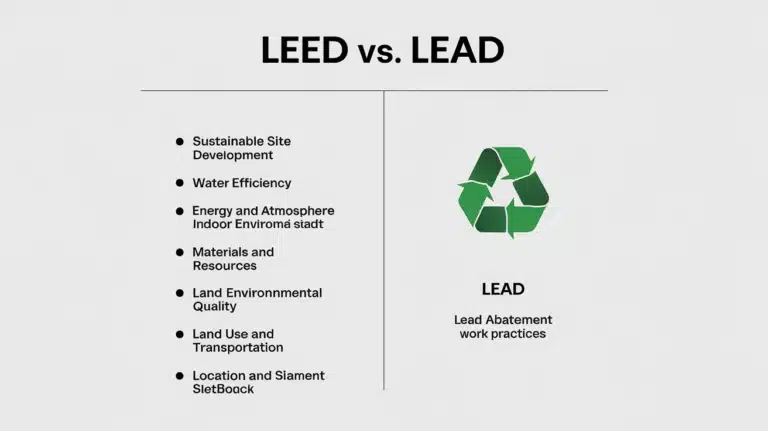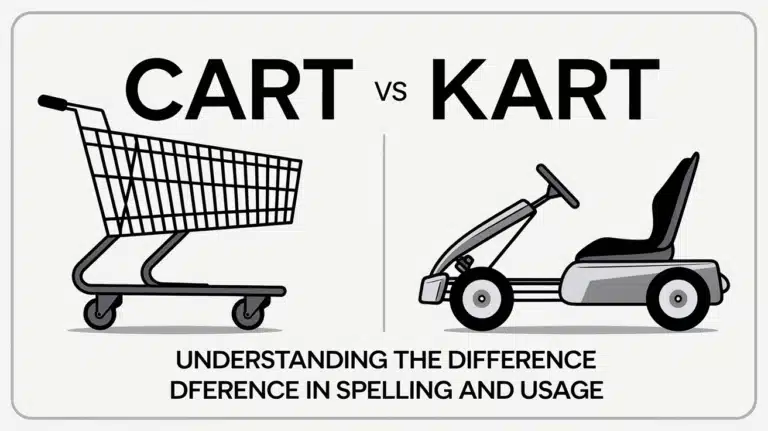Vicious vs Viscous: the Art of Word Choice in Writing
In English, some word pairs, like “vicious” and “viscous,” can easily confuse even experienced writers. Though they sound alike, their meanings are very different. This guide will help you understand the difference between these tricky words and show you how to use them correctly, so you can improve your writing. Stick with us to clear up the confusion and make your writing more precise!
Introduction:
Precision in language is the hallmark of effective communication. Yet, even skilled writers can stumble when faced with words that share phonetic similarities but diverge drastically in meaning. The “vicious” vs “viscous” debate exemplifies this challenge perfectly.
Consider this real-life anecdote:
During a high-stakes business presentation, a young entrepreneur meant to describe his company’s new lubricant as “highly viscous.” Instead, he accidentally called it “highly vicious.” The audience’s confused and alarmed expressions spoke volumes about the impact of this simple mix-up.
This story underscores the importance of understanding the nuances between these words. Let’s dive deeper into why these terms cause such confusion and how to master their usage.
The Root of the Confusion
Phonetic Similarities
The primary source of confusion between “vicious” and “viscous” lies in their pronunciation. Both words share the same initial “vi-” sound and end with a similar “-cious” or “-cous” sound. This auditory similarity can lead to mix-ups in both spoken and written language.
Shared Latin Origins
Interestingly, both words trace their roots back to Latin, albeit from different terms:
| Word | Latin Origin | Original Meaning |
|---|---|---|
| Vicious | Vitiosus | Faulty, defective |
| Viscous | Viscosus | Sticky, gluey |
This shared linguistic heritage contributes to their similar structure, despite their divergent meanings.
Frequency of Use
While both words appear in everyday language, “vicious” tends to be more commonly used in general conversation. “Viscous,” on the other hand, is more frequently encountered in scientific or technical contexts. This disparity in usage can lead to unfamiliarity with the less common term, further exacerbating the confusion.
Diving into “Vicious”
Definition and Etymology
“Vicious” is an adjective that describes something or someone as cruel, violent, or dangerous. It comes from the Latin word “vitiosus,” meaning faulty or defective.
Common Usage and Contexts
“Vicious” is often used to describe:
- Brutal or violent actions
- Harsh criticisms or remarks
- Severe weather conditions
- Aggressive animals or people
Figurative Expressions and Idioms
The word has found its way into several idiomatic expressions:
- Vicious circle: A situation where one problem leads to another, creating a continuous cycle of issues.
- Vicious rumor: A harmful or malicious piece of gossip.
- Vicious attack: An extremely violent assault, either physical or verbal.
Psychological Concept: The Vicious Cycle
In psychology, the term “vicious cycle” describes a pattern of negative thoughts or behaviors that reinforce each other, creating a downward spiral. This concept illustrates how the word “vicious” has been adapted to describe complex, self-perpetuating problems.
Understanding “Viscous”
Definition and Scientific Background
“Viscous” is an adjective used to describe fluids that have a thick, sticky consistency and do not flow easily. It originates from the Latin word “viscosus,” meaning sticky or gluey.
Read More About : Axle or Axel: What’s the Difference?
Applications in Various Fields
The concept of viscosity is crucial in numerous scientific and engineering disciplines:
- Physics: Studying fluid dynamics and resistance to flow
- Biology: Analyzing blood flow and cellular processes
- Engineering: Designing lubricants and understanding material properties
Everyday Examples of Viscosity
Common substances with high viscosity include:
- Honey
- Molasses
- Motor oil
- Shampoo
- Toothpaste
These examples help illustrate the concept of viscosity in tangible, everyday terms.
Head-to-Head Comparison
To fully grasp the differences between “vicious” and “viscous,” let’s compare them directly:
| Aspect | Vicious | Viscous |
|---|---|---|
| Pronunciation | VIH-shus | VIS-kus |
| Part of Speech | Adjective | Adjective |
| Primary Meaning | Cruel, violent | Thick, sticky |
| Typical Contexts | Behavior, actions, weather | Fluids, substances |
| Emotional Connotation | Negative | Neutral |
Visual Representation
[Infographic comparing key aspects of “vicious” and “viscous”]
In Context: Examples That Stick
Literature and Famous Quotes Using “Vicious”
- “It was a vicious, calculated attack on an innocent victim.” – John Grisham, “A Time to Kill”
- “The vicious cycle of poverty is hard to break.” – Unknown
Scientific Papers and Technical Writing Featuring “Viscous”
- “The study examined the viscous properties of non-Newtonian fluids under varying pressure conditions.” – Journal of Fluid Mechanics
- “Increased blood viscosity can lead to cardiovascular complications.” – American Heart Association
Common Mistakes and How to Avoid Them
To prevent confusion, always consider the context:
- If describing behavior or actions, “vicious” is likely correct.
- If referring to the physical properties of a substance, “viscous” is probably the right choice.
Interactive Quiz: Can You Spot the Correct Usage?
- The __ liquid flowed slowly down the tube.
- The critic’s __ remarks hurt the artist’s feelings.
- Blood becomes more __ in colder temperatures.
- The dog’s __ bark scared away the intruder.
(Answers: 1. viscous, 2. vicious, 3. viscous, 4. vicious)
Beyond the Basics: Linguistic Nuances
Synonyms and Related Terms
For “vicious”:
- Cruel
- Brutal
- Savage
- Malicious
- Ferocious
For “viscous”:
- Thick
- Sticky
- Gummy
- Gelatinous
- Syrupy
Antonyms: Exploring Opposites
“Vicious” antonyms:
- Kind
- Gentle
- Benevolent
“Viscous” antonyms:
- Fluid
- Runny
- Thin
Word Families and Derivations
“Vicious” family:
- Viciously (adverb)
- Viciousness (noun)
“Viscous” family:
- Viscosity (noun)
- Viscously (adverb)
The Evolution of Usage
Historical Changes in Meaning
Both words have largely retained their core meanings over time, but their usage contexts have evolved:
- “Vicious” originally meant “characterized by vice” but has shifted towards a more specific connotation of cruelty or violence.
- “Viscous” has remained relatively stable in meaning but has gained prominence in scientific and technical fields.
Modern Trends and Potential Future Shifts
As language continues to evolve, we may see:
- Increased use of “vicious” in digital contexts (e.g., “vicious online trolling”)
- Growing awareness and usage of “viscous” due to advancements in material sciences and biotechnology
Regional Variations in Usage
While the core meanings remain consistent, subtle differences in usage can be observed:
- In British English, “vicious” is sometimes used colloquially to mean “excellent” or “impressive” (e.g., “That was a vicious goal!”)
- In American English, “viscous” is more commonly used in everyday contexts, such as describing food textures
Mastering the Distinction: Tips and Tricks
Mnemonic Devices for Remembering the Difference
- “Vicious” has an “i” like “violent” – both describe harmful behavior.
- “Viscous” has an “o” like “ooze” – both relate to slow-moving substances.
Contextual Clues for Identifying Correct Usage
- If the word is describing a person’s actions or an animal’s behavior, it’s likely “vicious.”
- If it’s referring to the physical properties of a liquid or semi-liquid substance, it’s probably “viscous.”
Writing Exercises to Reinforce Understanding
- Write a short story using both “vicious” and “viscous” correctly.
- Describe a scientific experiment involving viscous fluids without using the word “viscous.”
- Rewrite sentences where “vicious” and “viscous” are misused, correcting the errors.
Real-World Implications
Professional Consequences of Misuse
Misusing these words can have serious repercussions:
- In legal documents, confusing “vicious” and “viscous” could lead to misinterpretation of evidence or testimony.
- In scientific papers, such errors could undermine the credibility of the research.
Legal and Scientific Contexts Where Precision is Crucial
- Legal: Describing a dog’s behavior as “viscous” instead of “vicious” in a bite case could significantly alter the perception of the incident.
- Scientific: Mistakenly referring to a “vicious fluid” in a chemistry paper would render the research nonsensical.
Impact on Effective Communication
Clear communication is vital in all fields. Using “vicious” and “viscous” correctly demonstrates:
- Attention to detail
- Strong language skills
- Professionalism and credibility
Conclusion: Empowering Your Writing
Understanding the distinction between “vicious” and “viscous” is more than just a matter of vocabulary – it’s about precision in communication. By mastering these nuances, you elevate your writing and ensure your message is conveyed accurately and effectively.
Remember:
- “Vicious” relates to cruelty and violence
- “Viscous” describes thick, sticky substances
Armed with this knowledge, you’re now equipped to navigate these tricky waters with confidence. So go forth and write with precision, knowing you’ve conquered one of the English language’s more slippery slopes!







